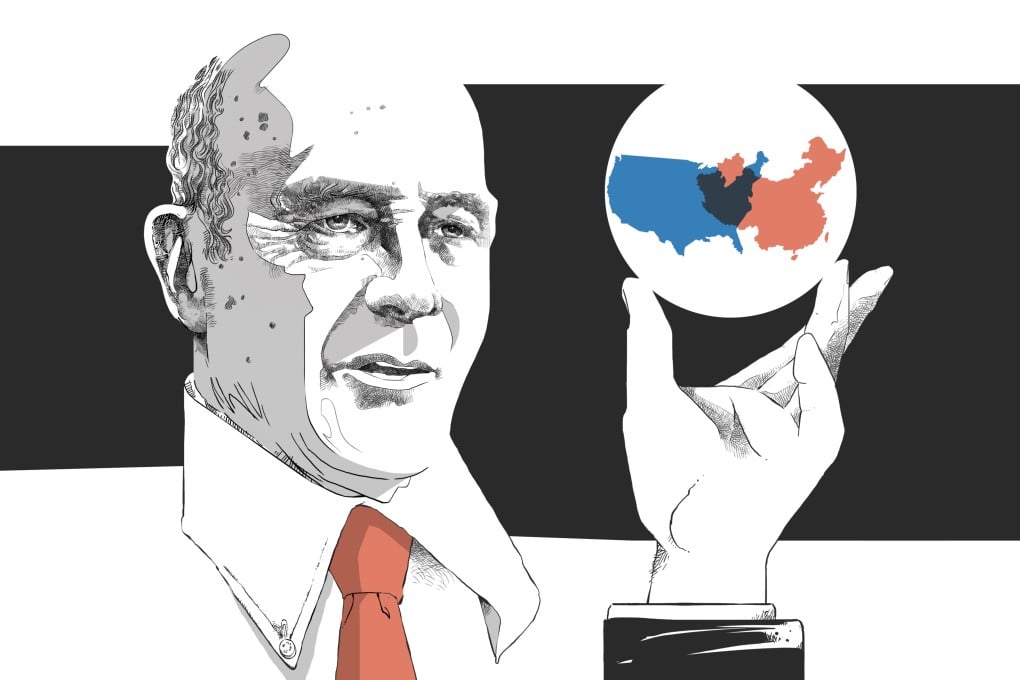Open Questions | ‘Very bad idea’: US-China full-scale trade war unlikely but soft-power gap will persist, top scholar Joseph Nye says
- Global affairs expert Joseph Nye shares his assessments of what China has done right, and what will hold it back
- In terms of economic challenges, ‘we should not exaggerate the China threat’, Nye says

You are most well known in China for your book on soft power and even former Chinese president Hu Jintao mentioned it in the 17th party congress report. China has invested heavily in expanding its soft power and President Xi Jinping has told officials to “tell the China story well”. How do you comment on these efforts? What are the achievements and what are the failures, and why?
Soft power is the ability to get what you want through attraction rather than coercion or payment and China has a good deal of soft power growing out of the attractiveness of its traditional culture and the success of its economic performance. So it’s doing well, but if you look at polls that were taken recently in 27 different countries asking which countries were most attractive, China did not do so well in Asia or Europe or North America or Australia.
It did pretty well in Africa, but I think that in that sense, it is not getting a very good return on its investment. And I think the biggest problems for Chinese soft power are in Asia, the conflicts that China has with a number of its neighbours such as with India over the Himalaya border. And the other problem that it has which affects Chinese soft power in democratic countries, like Europe or Japan or Australia, is the insistence on tight party control, which means that civil society does not have the full range that it has in European countries or United States and so forth.
So you have a great artist like Ai Weiwei, and he gets crosswise with the party or with the government, either goes to jail or to exile and that hurts your soft power. So does China have soft power? Yes. Could it do more? Yes.
You said earlier that relations between China and the United States should be based on “managed competition”. Amid the rivalry and hostility between the two countries, how can China engage the US in a more effective way?
A lot of people are watching the US presidential election closely. How are the results going to affect US-China relations and what are the possible scenarios?